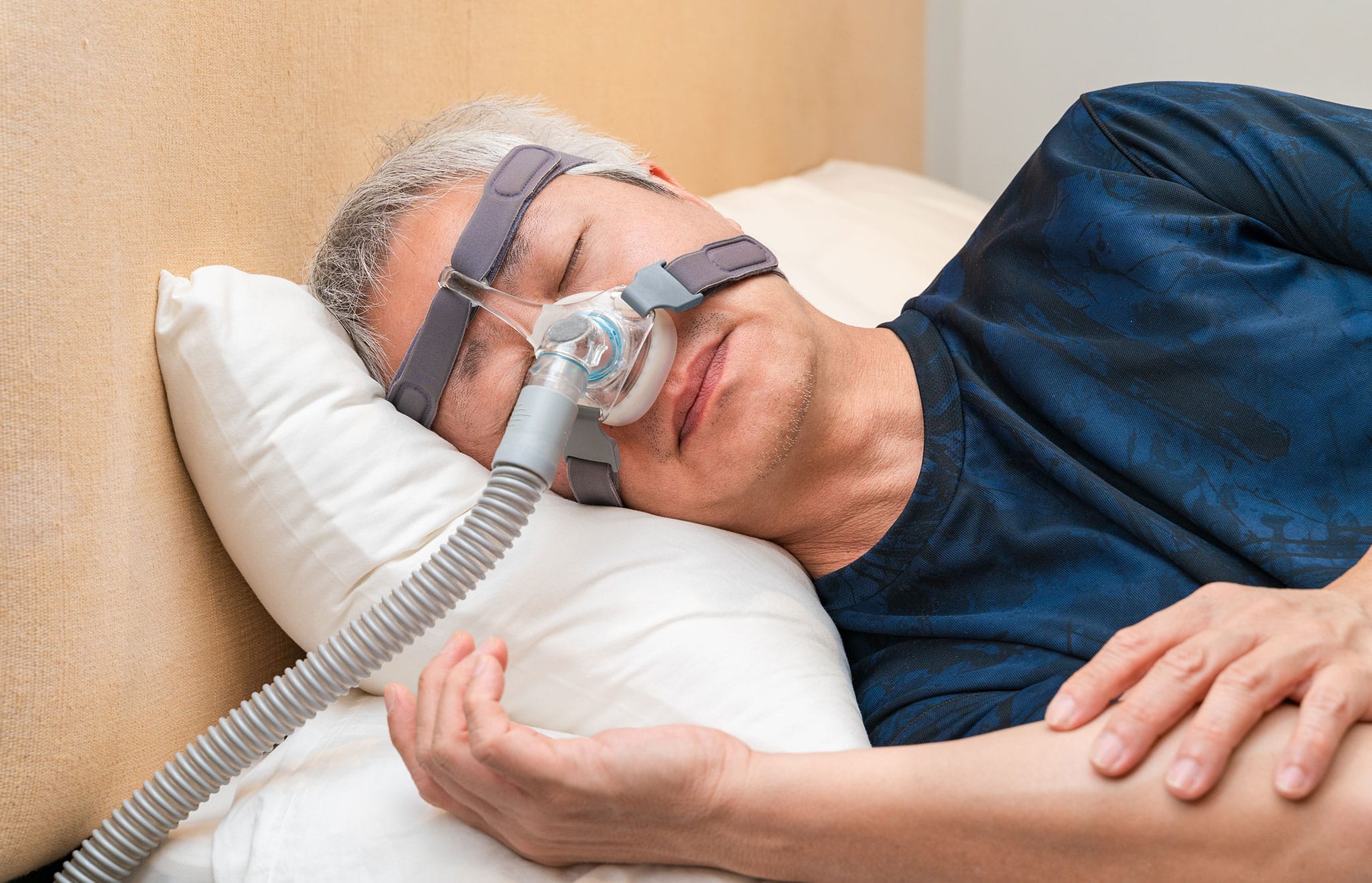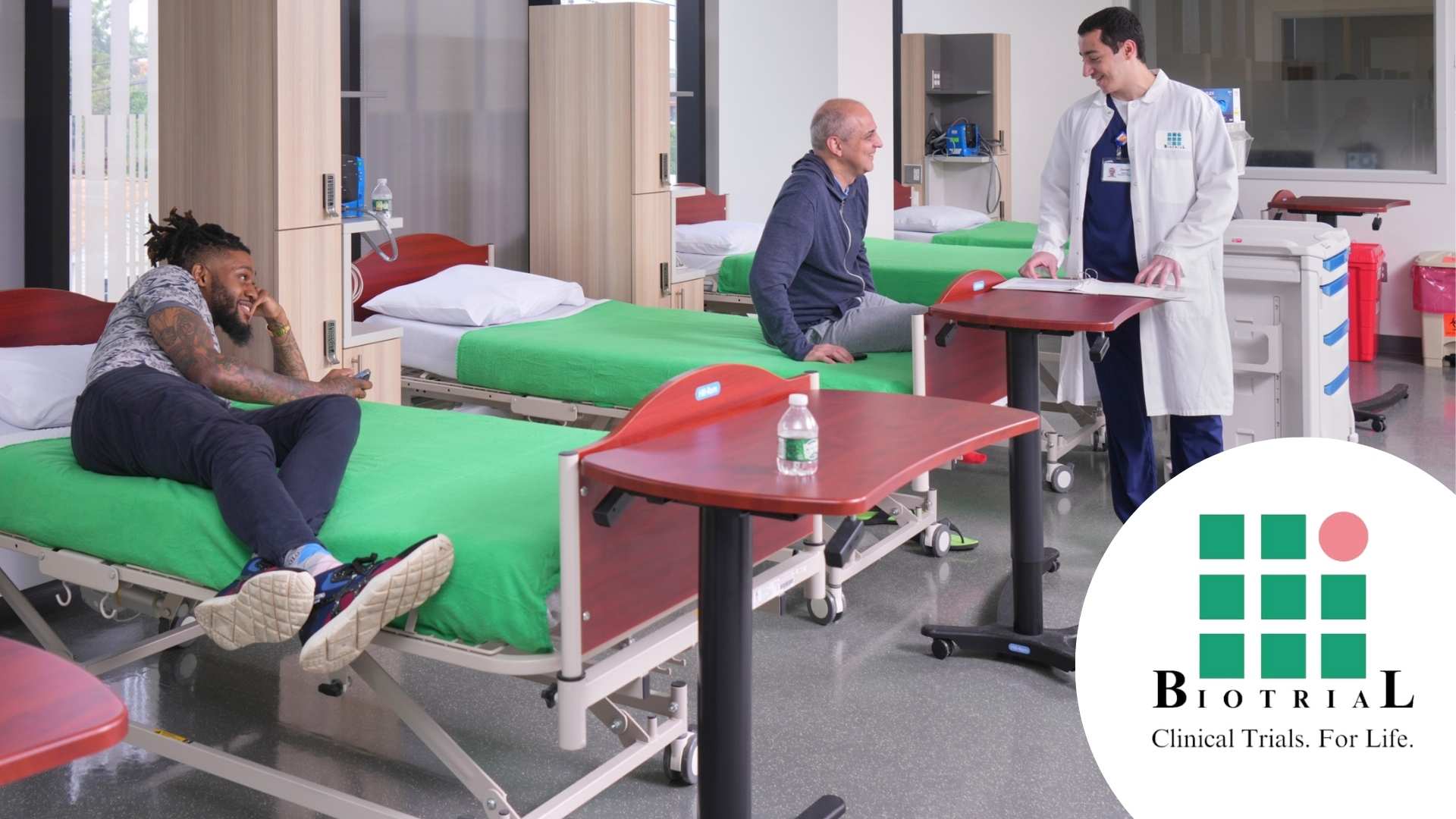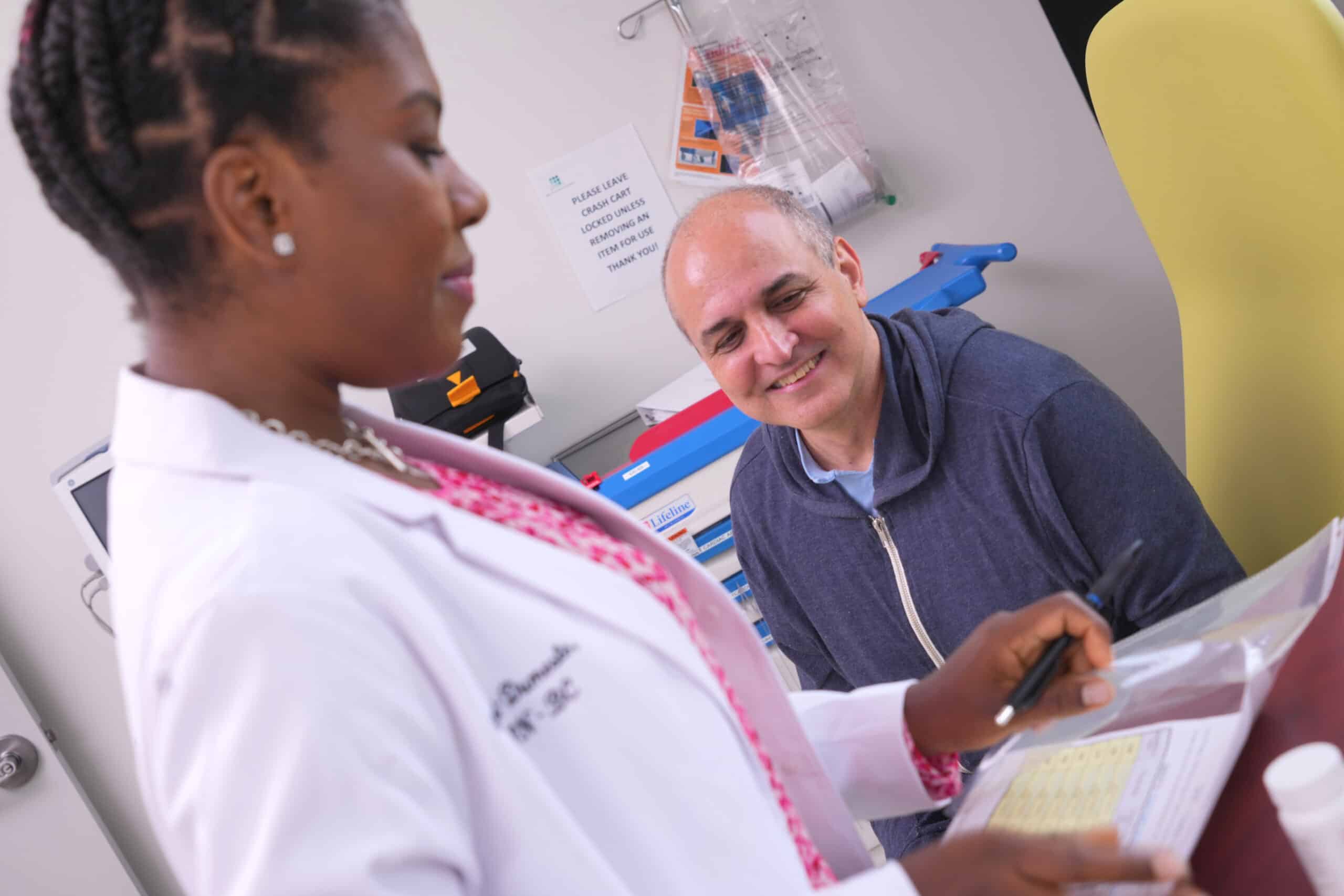Sleep studies are critical to the understanding and treatment of sleep disorders. These studies have garnered significant attention in the medical community, as they are not just about monitoring sleep patterns. They also delve into the intricate details of sleep physiology, aiming to diagnose and manage sleep-related issues effectively.
What are Sleep Studies?
Sleep studies, medically known as polysomnography, are comprehensive tests that record various physical activities during sleep. These intricate processes involve monitoring brain waves, oxygen levels in the blood, heart rate, breathing, and eye and leg movements. The primary objective of these studies is to identify sleep disorders such as sleep apnea, insomnia, narcolepsy, restless legs syndrome, and sleep-related breathing problems. Sleep studies provide invaluable insights, enabling healthcare professionals to devise tailored patient treatment plans.
The Role of Sleep Labs
Sleep labs play a pivotal role in conducting sleep studies. These specialized facilities are designed to create a comfortable, sleep-friendly environment with advanced technology for monitoring and recording sleep patterns. In a sleep lab, trained technicians oversee the study, ensuring the accurate collection of data. The environment in a sleep lab must mimic a natural sleeping atmosphere, but it must also be equipped with medical-grade monitoring devices. Given this information, we do not conduct clinical trials like sleep studies at home. These labs are the epicenters of where sleep studies translate into actionable medical insights.
Biotrial Sleep Studies
Biotrial is a leader in clinical research and has embraced innovative approaches for sleep studies. Recently, Biotrial worked on a sleep study for a cutting-edge solution that offers a revolutionary way to monitor and analyze sleep patterns from the comfort of the patient’s home. This technology aligns with Biotrial’s commitment to advancing medical research by providing accurate, real-time data on a patient’s sleep architecture. This integration represents a significant leap in sleep research, combining traditional methods with modern technology to offer comprehensive insights into sleep health.
The data collected from sleep studies is meticulously analyzed to identify any abnormalities in the sleep cycle. This analysis is pivotal in understanding the root cause of sleep disturbances, allowing for effective treatment strategies. Biotrial’s expertise in clinical trials ensures that every aspect of the sleep study is conducted precisely, from the setup in the sleep lab to the interpretation of the complex data. The dedication to quality and accuracy in these studies reflects Biotrial’s commitment to advancing sleep medicine and improving patient outcomes. With state-of-the-art technology, Biotrial is pushing the boundaries of what’s possible in sleep research. This relentless pursuit of innovation and excellence in sleep studies sets Biotrial apart as a trailblazer in the clinical research landscape.
Sleep studies are a vital tool that may provide instrumental insight into sleep medicine. By incorporating Dreem technology into our processes, Biotrial remains at the forefront of this critical medical research. If you are interested in participating in a sleep study or learning more about Biotrial’s research, please visit our “Find a Study” page or sign up to contribute to advancements in sleep medicine.




